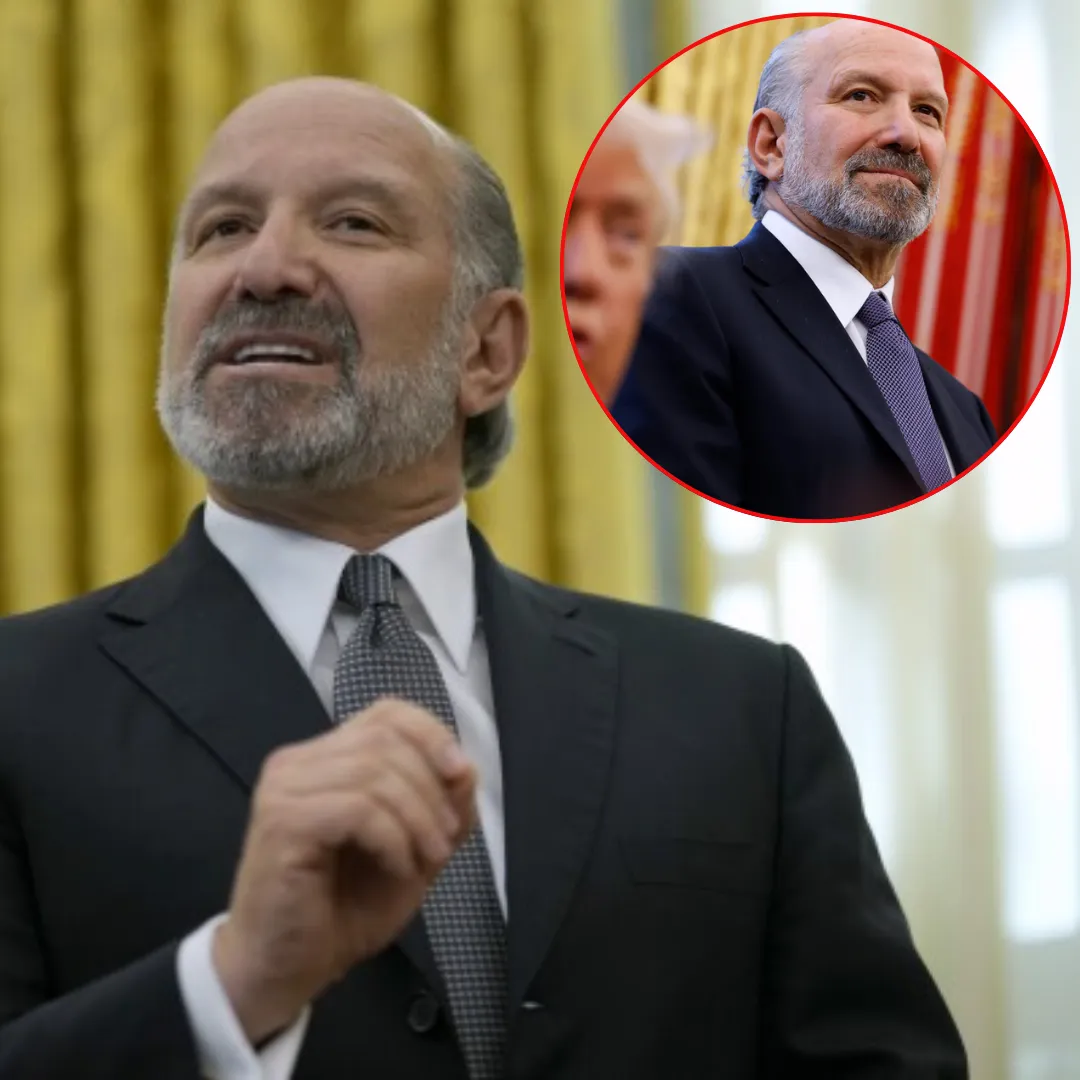
Four arts organizations have filed a lawsuit against the National Endowment for the Arts (NEA) over its implementation of an executive order issued by former President Donald Trump that bars federal funds from being used to promote what the order terms “gender ideology.” The organizations argue that the executive order, which prohibits funding for projects that affirm transgender and nonbinary identities, has effectively shut them out from receiving grants despite their history of securing federal support for similar projects.
The lawsuit, which was filed Thursday, claims that the Trump administration’s executive order infringes upon both the principles of free expression and the mission of the NEA, which was created by Congress to support the promotion of artistic excellence in the United States. The groups involved in the lawsuit include Rhode Island Latino Arts, the National Queer Theater, The Theater Offensive, and Theatre Communications Group.
These organizations are seeking funding for projects that seek to affirm and explore transgender and nonbinary identities, as well as their place in the broader cultural landscape.
“These organizations have long been champions of artistic expression that affirms all people, including those who identify as transgender or nonbinary,” said Lynette Labinger, a lawyer with the American Civil Liberties Union (ACLU), which is backing the case. Labinger added that the lawsuit seeks to challenge what they see as an unconstitutional exercise of executive power that has caused “grievous irreparable harm” to the organizations involved and to other arts groups across the nation.
The executive order, titled "Defending Women from Gender Ideology Extremism and Restoring Biological Truth to the Federal Government," was one of Trump's first actions in office. The order directs that no federal funds shall be used to promote “gender ideology” — a term the lawsuit argues is overly vague and does not provide sufficient guidance to artists about what projects can or cannot be funded.
This ambiguity has left many arts groups in limbo, unsure about whether their projects will align with the order’s requirements.

“The vagueness of the prohibition requires them to guess as to what if anything they can create, produce, or promote that addresses themes of gender, or that affirms the identities of all people regardless of their gender identity,” Labinger explained in a statement.
This lawsuit marks a significant legal challenge to the Trump administration’s executive order, as it is the first time artists have taken legal action in response to the policy. The groups involved in the case assert that they have faced discrimination in the application process and have been denied grants that they would have otherwise been eligible for based on the merit of their projects, rather than their content.
The NEA has long been an important source of funding for the arts across the country, supporting a wide range of artistic endeavors, including theater, music, and visual arts. The funding is intended to promote artistic excellence and cultural diversity, with the goal of providing opportunities for underrepresented voices in the arts to be heard.
However, the executive order has complicated this process, as it effectively places restrictions on funding for projects that promote or affirm non-cisgender identities, something that the plaintiffs argue is outside the scope of the NEA’s mission.
Vera Eidelman, a senior staff attorney at the ACLU, stated that blocking grant eligibility for these artists based on the content of their work directly contradicts the NEA’s core purpose of supporting creativity and artistic merit. “This gag on artists’ speech has had a ripple effect across the entire art world, from Broadway to community arts centers,” Eidelman said.
She emphasized that the NEA's focus should be on "artistic excellence," not on government-imposed ideological criteria that could limit the expression of marginalized communities.
Erin Harkey, the CEO of Americans for the Arts, also voiced her concern over the far-reaching consequences of the executive order. She stated that the policy “raises serious constitutional issues,” particularly in its restriction of artistic freedom.
Harkey pointed out that arts organizations and artists should not have to second-guess their work based on a political agenda or a government’s ideological stance on certain issues.
The lawsuit seeks a court order to stop the NEA from applying the executive order, asserting that it violates the constitutional rights of artists and organizations to free speech and expression. The plaintiffs are calling for a return to the NEA’s original mission of supporting “artistic excellence and artistic merit,” without interference based on political ideologies.
This legal battle is emblematic of the larger cultural and political debates surrounding gender, identity, and freedom of expression in the United States. As the legal case unfolds, it may become a pivotal moment in the fight for LGBTQ rights, particularly in the realm of art and cultural production.
It also raises important questions about the relationship between government and the arts, and whether funding should be contingent on ideological alignment with the ruling administration.

As the case continues to develop, the outcome could have far-reaching implications for the future of the NEA, the broader arts community, and the ability of artists to create works that reflect the diverse identities and experiences of all people, regardless of their gender identity.



